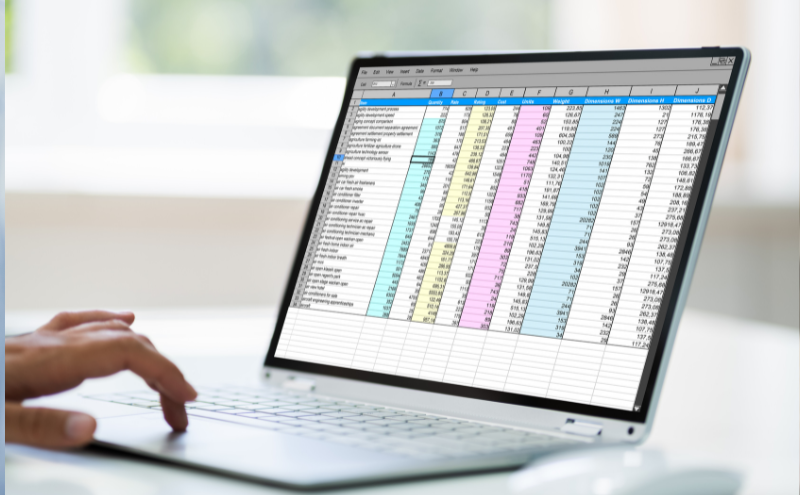In the world of transportation and logistics, efficiency and cost-effectiveness are paramount. One of the tools that have emerged to address these needs is the “no broker freight load board.” But what exactly is it, and how does it benefit shippers and carriers alike? In this blog, we’ll explore the concept of a no broker freight load board, its functions, and the advantages it offers to the logistics industry.
Understanding the Basics
A no broker freight load board is an online platform that directly connects shippers and carriers without the involvement of traditional freight brokers or intermediaries. In essence, it’s a digital marketplace where shippers with goods to transport can find available carriers willing to move those goods. This direct interaction simplifies the logistics process and often results in cost savings for both parties.
How Does It Work?
The operation of a no broker freight load board is relatively straightforward. Shippers post their available freight loads on the platform, specifying details such as the type of cargo, pick-up and delivery locations, and any specific requirements. On the other side, carriers and independent truck drivers can search the board for suitable loads that match their equipment, routes, and schedules. When a match is found, they can contact the shipper directly to arrange the transportation.
Benefits for Shippers:
- Cost Savings: By eliminating broker fees, shippers can negotiate directly with carriers and often secure more competitive rates for their shipments.
- Transparency: Shippers have direct communication with carriers, which enhances visibility and control over the transportation process.
- Faster Booking: Shippers can quickly find available carriers, reducing the time spent on load booking.
- Customization: Shippers can select carriers that meet their specific requirements, such as equipment type, delivery timeline, and handling expertise.
Advantages for Carriers:
- Increased Profit Margins: Carriers can negotiate rates directly with shippers, potentially earning more for their services.
- Access to More Opportunities: Carriers have a broader range of available loads to choose from, allowing them to optimize their routes and maximize their load capacity.
- Reduced Dependence on Brokers: Carriers can reduce their reliance on traditional brokers, giving them greater control over their business.
- Efficiency: The direct connection with shippers streamlines the booking process, reducing idle time and increasing overall efficiency.
Challenges and Considerations:
While no broker freight load boards offer numerous advantages, they are not without challenges. Shippers and carriers need to invest time in building relationships, and trust is crucial in this direct arrangement. Additionally, carriers must conduct thorough due diligence to ensure they work with reputable shippers.
The Future of Freight Booking
The concept of a no broker freight load board has gained significant traction in recent years, and it reflects the broader trend in the transportation industry toward digitalization and disintermediation. As technology continues to advance, these platforms are likely to become even more sophisticated, offering enhanced features such as real-time tracking, payment processing, and rating systems.
In conclusion, a no broker freight load board is a digital marketplace that directly connects shippers and carriers, bypassing traditional freight brokers. It offers numerous benefits, including cost savings, transparency, and increased efficiency. While there are challenges to consider, the growing popularity of these platforms indicates a promising future for this innovative approach to freight booking. As the logistics industry continues to evolve, no broker freight load boards are poised to play a pivotal role in shaping its future.




